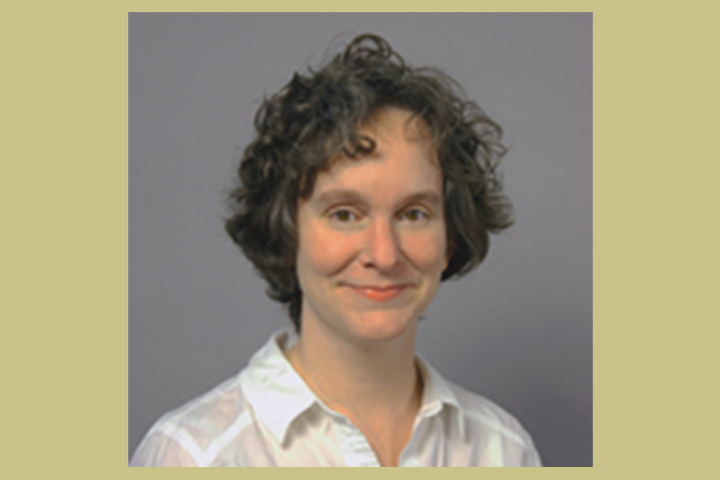Lisa L. Phillips, an Illinois State doctoral student in English Studies specializing in rhetoric and composition, is the recipient of a co-authored $45,000 National Science Foundation Project InTeGrate mini-grant designed to foster interdisciplinary teaching that links geoscience and environmental justice initiatives with humanities research.
Project InTeGrate, directed by Dr. Cathy Manduca, is located at Carleton College in Northfield, Minnesota, and is one of two NSF Science, Technology, Engineering and Mathematics Talent Expansion Centers (STEP Centers).
In April 2013, Phillips participated in a Project InTeGrate workshop on teaching environmental justice via interdisciplinary perspectives. Phillips was a featured essayist and speaker at the InTeGrate workshop. The grant proposal evolved from Phillips’ collaboration with other workshop participants and pivots upon her research interests in sensory rhetoric, critical race theories, contemporary material ecocriticism, and feminism along with her co-authors’ interests and research on environmental justice and geoscience education.
“This was a competitive process, and the proposal was outstanding,” said Anne Egger, assistant professor at Central Washington University, and member of the InTeGrate Leadership team. “The team that reviewed proposals was particularly excited about the interdisciplinary approach to environmental justice, and we are very happy to accept the proposal for funding.”
The accepted proposal, “Mapping Environment with Sensory Perception,” will result in an interdisciplinary course module that will be tested across institutional and disciplinary contexts. The goal for the final result is an open-access course plan that will be made available to educators interested in fostering interdisciplinary learning perspectives.
Phillips’s sensory scholarship, draws from the biological sciences, philosophy, anthropology, history, and rhetoric. She investigates the rhetorical, historical, and cultural distinctions between sensory modes as they intersect with race, class, gender, and environmental emplacement. Geoscience provides raw materials to understand how mining, petrochemical production, and water resource management contribute to, or detract from, environmental justice initiatives; sensory scholarship explains how our different sensory perceptions work to persuade us to redress environmental (in)justices.
“The Project InTeGrate leadership team has an amazing support structure in place to cultivate collaborative interdisciplinary research and pedagogy,” Phillips notes. “I am elated by the research possibilities this grant affords me and my co-authors, Kate and Mike. That I have the opportunity to participate at this level of scholarship as a graduate student is a testament to the faculty, staff, and administrators here at Illinois State who help me achieve my goals.”
Phillips’ project reflects the innovative, interdisciplinary research and pedagogy at the heart of English Studies at Illinois State.
“Outstanding doctoral students like Lisa Phillips seek out our Ph.D. program both for its encouragement of disciplinary experimentation and its focus on training some of the very best college teachers in the nation,” said Christopher C. De Santis, chair of the Department of English. “It is students like Lisa that make our program so exciting and able to thrive in ways distinct from other doctoral programs in English around the country.”

